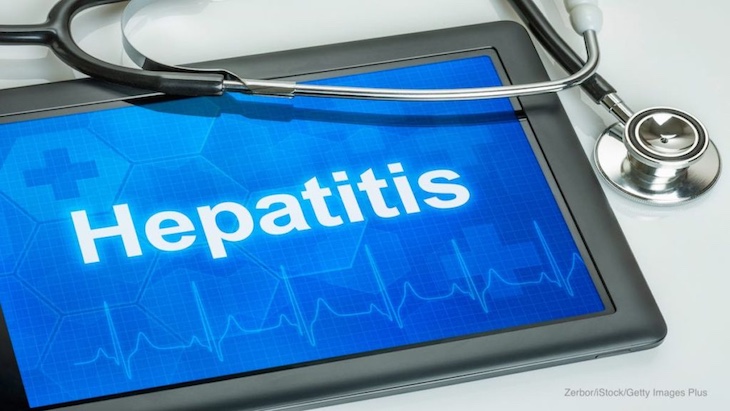There was a possible hepatitis A exposure at the Rio Grande Mexican Restaurant in Boulder, Colorado according to the Boulder County Public Health (BCPH). That facility is located at 1101 Walnut Street in Boulder. The possible exposures took place on December 30, 2024 and January 5, 2025.

Health department officials have found that there is no ongoing risk to the public because the restaurant acted quickly to ensure the safety of staff and patrons. But anyone who drank one or more of these beverages on those dates may have been exposed to the virus.
Plain fresh squeezed OJ
Mimosa with fresh squeezed OJ
Michelada with fresh lime juice
Mimosarita with fresh squeezed OJ
Big Tex margarita with fresh lemon and lime juice
Barrel-Aged Big Tex margarita with fresh lemon and lime juice
Special reserve coin margarita with fresh lime juice
Silver coin margarita with fresh lime juice
Fresh jalapeño margarita with fresh lime juice
Skinny margarita with fresh lime juice
Kendall’s skinny margarita with fresh lime juice
Agave martini with fresh lemon and lime juice
Mezcal margarita with lemon and lime juice
It’s too late for anyone who consumed those beverages in December to get a vaccination against hepatitis A. But check with your doctor to make sure. Monitor your health for the symptoms of hepatitis A for the next 50 days and see your doctor if you get sick.
Anyone who drank those items on January 5, 2025 have until January 19, 2025 to get a vaccine. Contact your doctor, or visit a local pharmacy, which may have the vaccine available.
BCPH will be providing vaccinations at no cost for anyone who is not up to date on Hepatitis A vaccine and who consumed potentially contaminated beverages. No appointments are necessary. Clinics will be held in the Sundquist building, located at 3482 Broadway in Boulder, on:
Thursday January 16 from 3:00 p.m. to 7:00 p.m.
Friday January 17 from 3:00 p.m. to 7:00 p.m.
Any beverages that were consumed at that restaurant on other days, or that did not contain freshly squeezed juice, are not considered a risk.
Symptoms of hepatitis A usually begin 15 to 50 days after infection. That means that people are infectious for two weeks before they even know they are sick. Symptoms include fatigue, sudden nausea and vomiting, and abdominal pain, especially in the upper right quadrant. Other symptoms may be clay-colored stools, dark urine, a low grade fever, loss of appetite, joint pain, diarrhea, and intense itching. The characteristic symptom of hepatitis A is yellowing of the skin and eyes, known as jaundice.
Hepatitis A is a very contagious liver infection caused by the virus. While most people usually recover completely from this infection, some, especially those with liver disease, can become seriously ill. The best way to prevent spread of this virus is by getting vaccinated.




